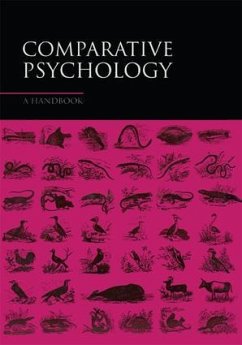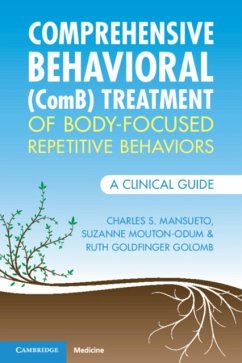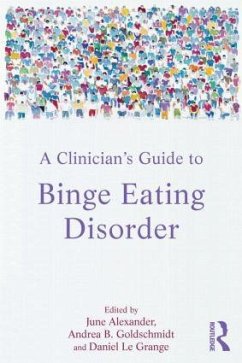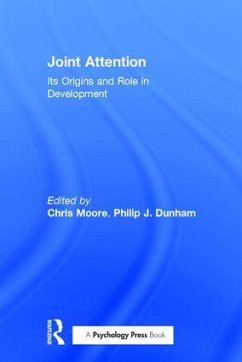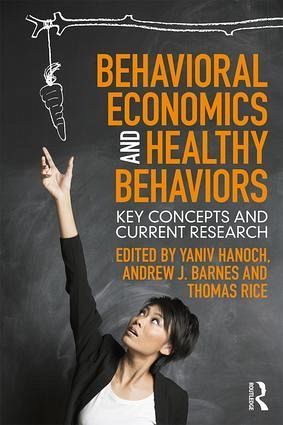
Behavioral Economics and Healthy Behaviors
Key Concepts and Current Research
Herausgeber: Hanoch, Yaniv; Rice, Thomas; Barnes, Andrew

PAYBACK Punkte
33 °P sammeln!
The field of behavioural economics can tell us a great deal about cognitive bias and unconscious decision-making, challenging the orthodox economic model whereby consumers make rational and informed choices. But it is in the arena of health that it perhaps offers individuals and governments the most value. In this important new book, the most pernicious health issues we face today are examined through a behavioral economic lens. It provides an essential and timely overview of how this growing field of study can reframe and offer solutions to some of the biggest health issues of our age. The bo...
The field of behavioural economics can tell us a great deal about cognitive bias and unconscious decision-making, challenging the orthodox economic model whereby consumers make rational and informed choices. But it is in the arena of health that it perhaps offers individuals and governments the most value. In this important new book, the most pernicious health issues we face today are examined through a behavioral economic lens. It provides an essential and timely overview of how this growing field of study can reframe and offer solutions to some of the biggest health issues of our age. The book opens with an overview of the core theoretical concepts, after which each chapter assesses how behavioral economic research and practice can inform public policy across a range of health issues. Including chapters on tobacco, alcohol and drug use, physical activity, dietary intake, cancer screening and sexual health, the book integrates the key insights from the field to both developed and developing nations. Also asking important ethical questions around paternalism and informed choice, this book will be essential reading for students and researchers across psychology, economics and business and management, as well as public health professionals wishing for a concise overview of the role behavioral economics can potentially play in allowing people to live healthier lives.







